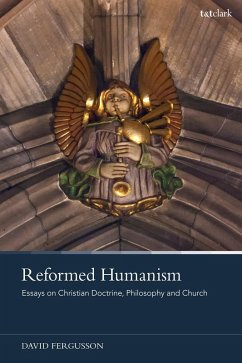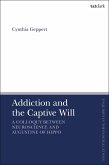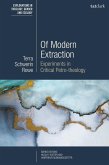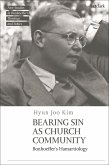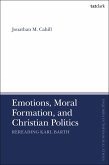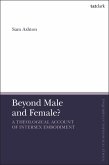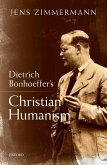The volume comprises a collection of essays ordered in three parts, each of which describes broadly the sub-fields of theology to which these belong. The essays tackle core themes in Christian doctrine, the longstanding relationship of theology to philosophy, and a series of challenges facing churches today. While the volume represents a Reformed theological approach often with a historical focus, it self-consciously reflects an ecumenical and critical perspective. The term 'humanism' reflects an openness to insight, understanding and correction from different fields of knowledge, while its 'Reformed' designation positions the work within a recognized theological tradition though seeking to avoid imprisonment by it.
A further feature of the collection is its attempt to overcome the curricular divisions between systematic theology, Christian ethics, and practical theology. The third section in particular deal with issues in social ethics, theological aesthetics, the place of the church in a secular culture, and the role of theology in the university.
A further feature of the collection is its attempt to overcome the curricular divisions between systematic theology, Christian ethics, and practical theology. The third section in particular deal with issues in social ethics, theological aesthetics, the place of the church in a secular culture, and the role of theology in the university.

